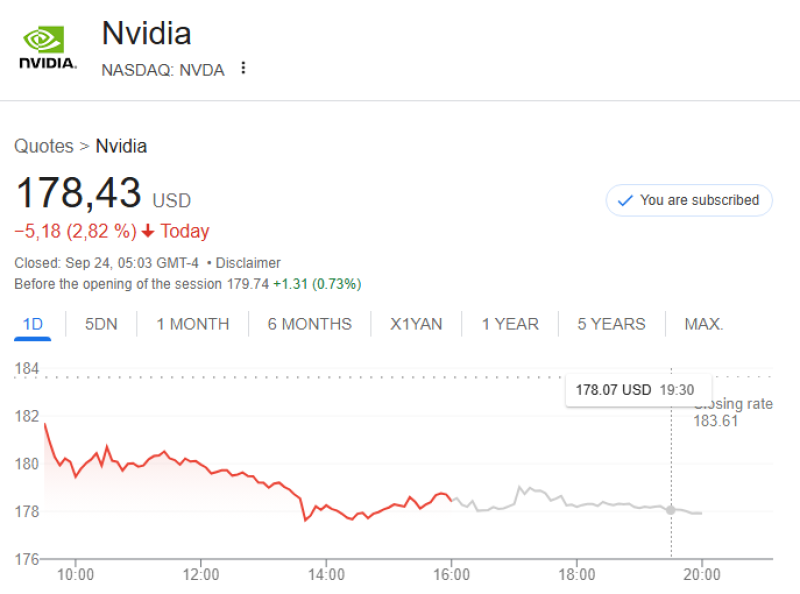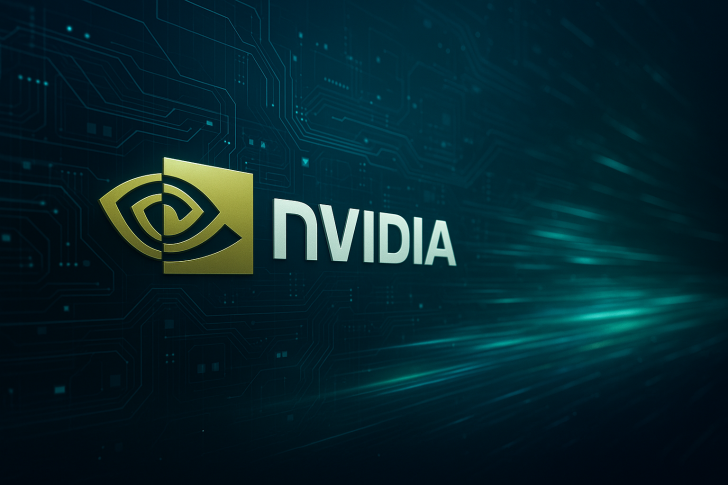Nvidia's dominance in the AI sector continues to expand through strategic partnerships that bridge digital intelligence with real-world applications. The latest collaboration with Chinese tech giant Alibaba represents a significant step toward "physical AI"—where artificial intelligence powers tangible systems like robotics, logistics networks, and industrial automation. This partnership could unlock new revenue streams while strengthening Nvidia's position in Asia's competitive tech landscape.
Partnership Details and Market Impact
Recent reports indicate that Alibaba is working with Nvidia to advance physical AI applications that merge software intelligence with hardware systems. The collaboration gives Alibaba access to Nvidia's cutting-edge GPU infrastructure while providing Nvidia entry into Alibaba's extensive enterprise ecosystem, including e-commerce operations, cloud services, and data analytics platforms.
This alliance addresses the growing demand for AI systems that operate beyond digital environments. Physical AI represents the next evolution—where algorithms control robotic systems, optimize supply chains, and automate manufacturing processes. For investors, this shift signals expanding market opportunities beyond traditional software applications.
Technical Analysis Shows Bullish Momentum

NVDA's chart pattern reveals several encouraging signals:
- Support and Resistance: Nvidia’s stock is now trading at $178, after losing nearly -2.82% in a single session. The nearest support sits around $176, while resistance is visible near $183–$184, the recent intraday high.
- Breakdown Pressure: The chart shows a clear downward intraday trend, with sellers maintaining control throughout the session. A failure to hold the $176 level could open the way toward $172 and lower.
- Volume Dynamics: The decline occurred on steady trading activity, signaling more than just routine volatility and suggesting broader market caution toward tech names.
- Pattern Formation: Instead of higher lows, the pattern reflects lower highs, a classic sign of short-term weakness and distribution rather than accumulation.
These technical factors align with fundamental developments, creating a compelling setup for potential upside movement.
Strategic Significance
Physical AI represents a crucial evolution for several reasons. Real-world AI applications can dramatically reduce operational costs while improving efficiency across manufacturing, retail, and transportation—all sectors central to Alibaba's business model. These systems demand substantial computing power, ensuring sustained demand for Nvidia's specialized hardware and infrastructure solutions.
For Alibaba, the partnership provides competitive advantages against other Chinese technology companies racing to implement AI solutions in commerce and industry. The collaboration demonstrates how leading companies are moving beyond experimental AI toward practical applications that generate measurable business value.
The partnership also carries broader implications for the global AI market, including Nvidia's expanded presence in Asia-Pacific through Alibaba's scale and influence, accelerated enterprise AI adoption as Alibaba tests real-world logistics and retail platforms, and increased investor confidence in both companies' long-term growth strategies.
 Peter Smith
Peter Smith

 Peter Smith
Peter Smith


